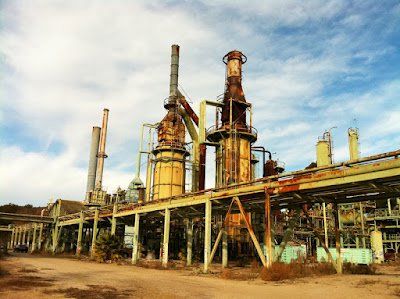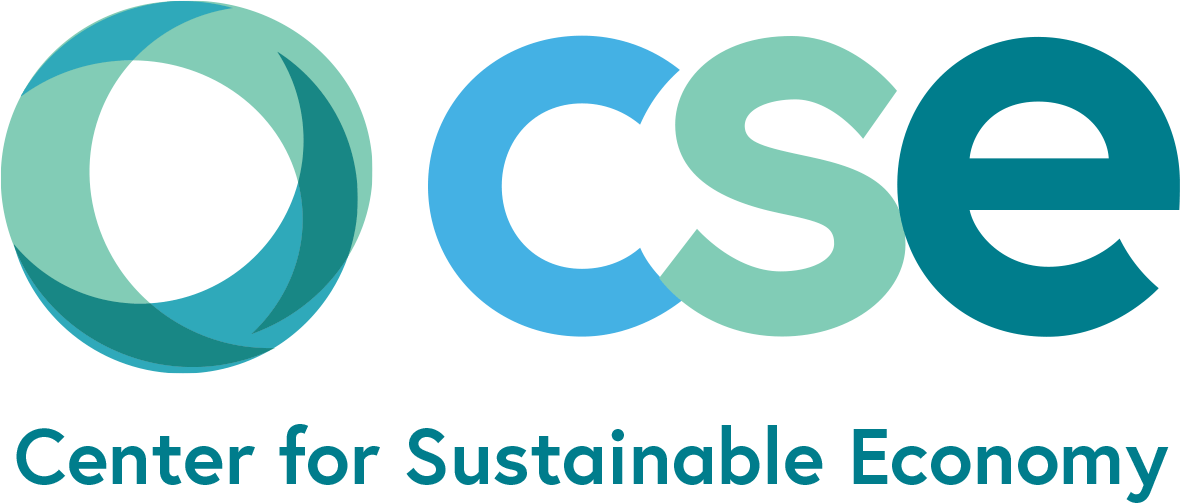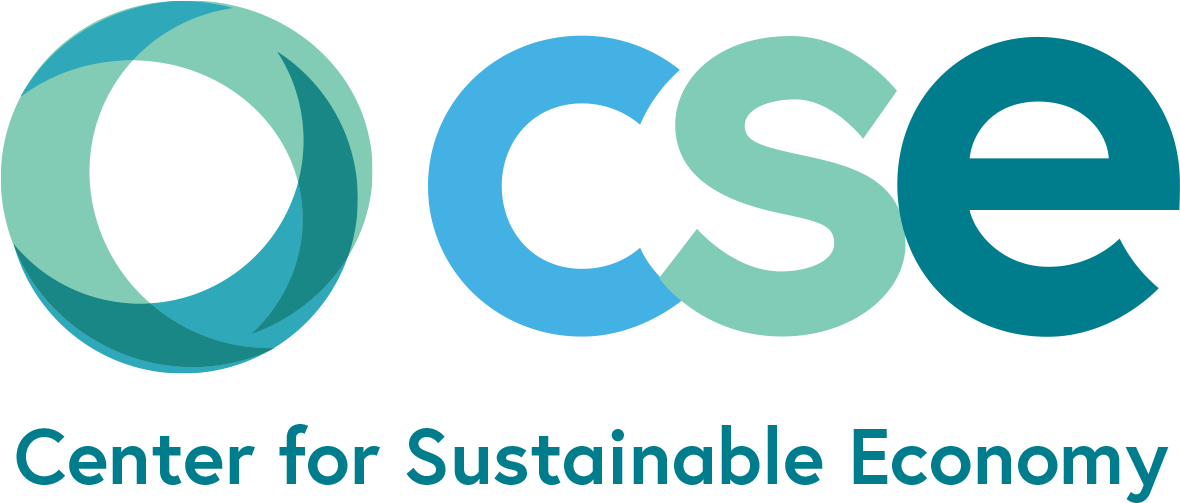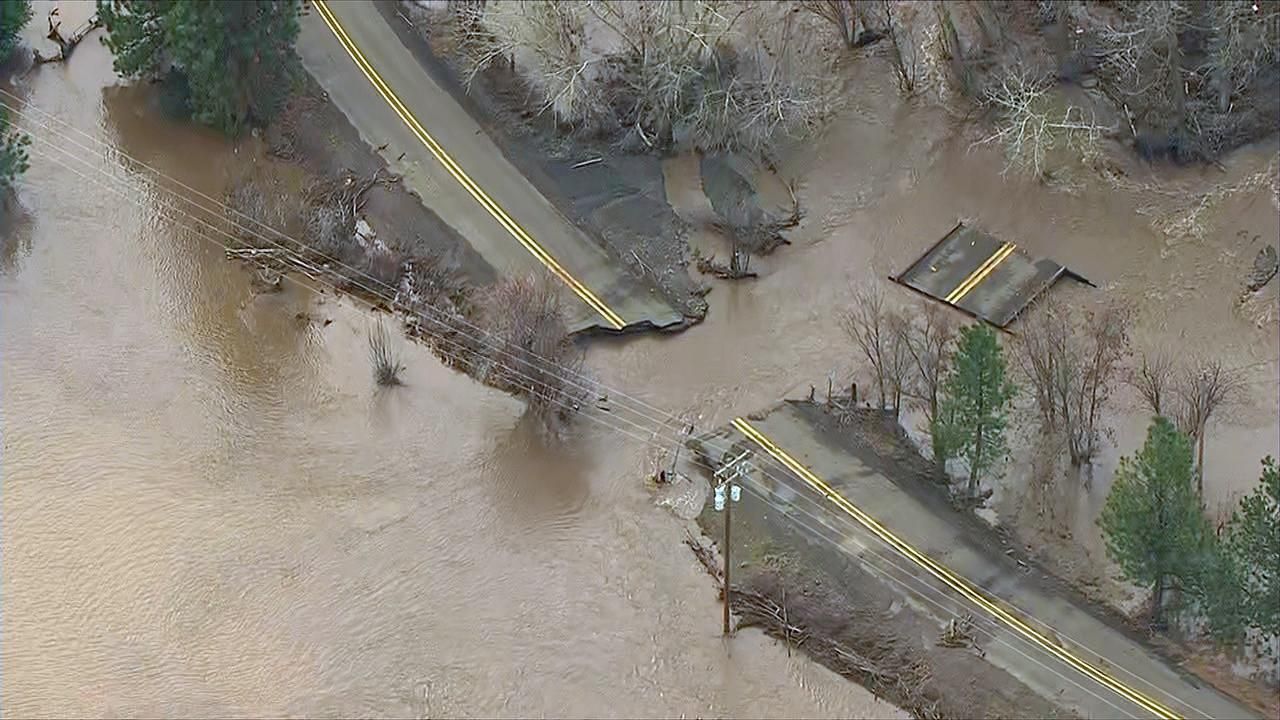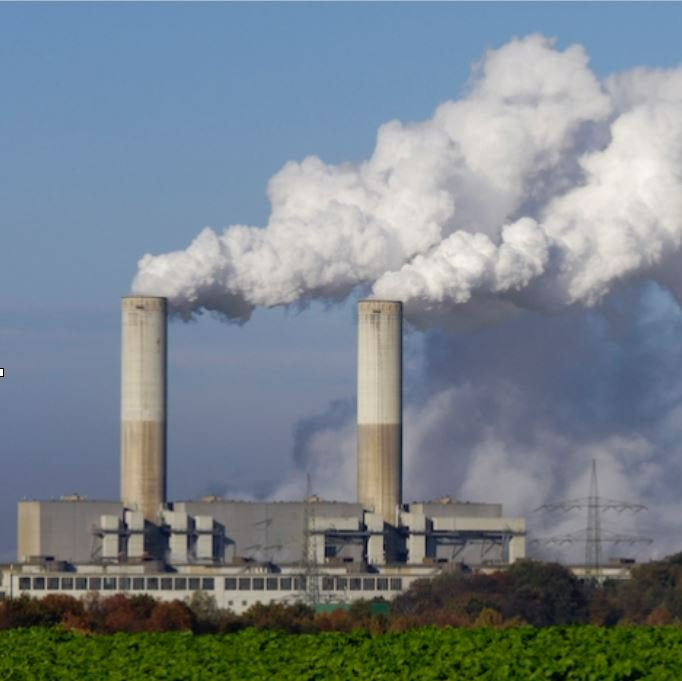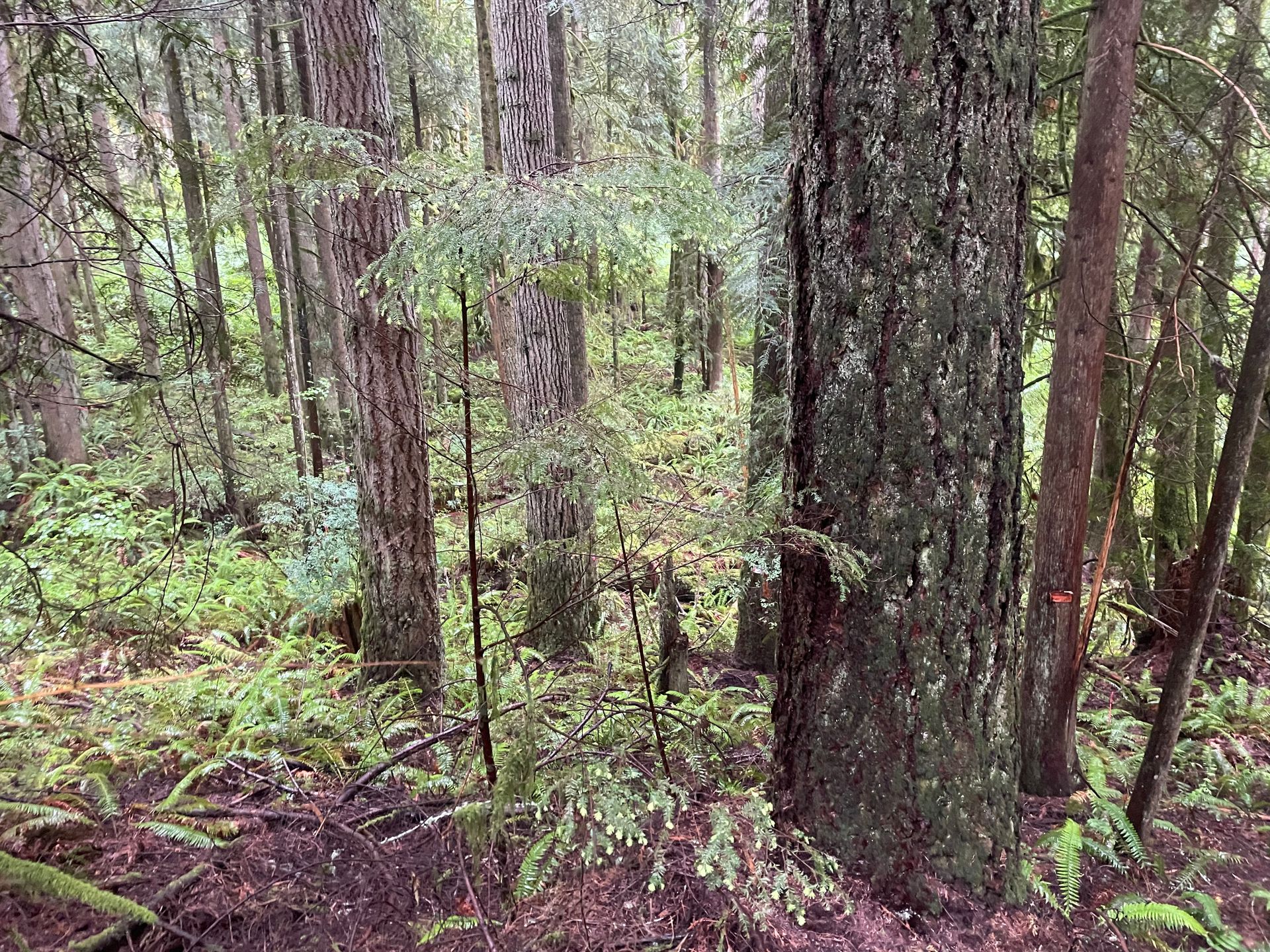CLIMATE JUSTICE
PROGRAM OVERVIEW
Climate change is the most spectacular market failure in history. The enormous economic costs associated with climate disasters such as recent catastrophic wildfires in California and Oregon and unprecedented 2020 and 2021 Atlantic hurricane seasons are high profile examples of the ways in which climate change costs are being borne not by the polluters, but by the public. But the costs don’t end there.
Add to climate change costs the heath care and other costs associated with explosions, fracking-related quakes, spills, and other accidents involving fossil fuel infrastructure, transport and storage that have disrupted local economies with disproportionate effects on disadvantaged populations. Then add to that the growing economic liability associated with abandoned, aging toxic infrastructure, mines, and gas fields as fossil fuel resources are depleted and the staggering costs of climate adaptation, such as building sea walls or making our electric grids storm and wildfire resilient.
The vast majority of these costs are now being – or will be – borne by taxpayers in violation of one of the bedrock principles of efficient environmental policy: polluter pays. The ‘polluter pays’ principle is an internationally endorsed standard for correcting the market failure of externalities. Allowing the fossil fuel industry – or any industry for that matter – to go about its business without having to bear the full social costs of its activities distorts the efficient operation of free markets by leading to overconsumption of harmful commodities such as coal, oil and gas and unfair competition with sustainable substitutes such as conservation, efficiency, wind, solar and other renewables. One of the core goals of CSE’ Climate Justice Program is to correct this market failure and ensure that the fossil fuel industry, and not taxpayers, pay for the costs of climate change and making the transition to renewable energy.
CURRENT PROJECTS
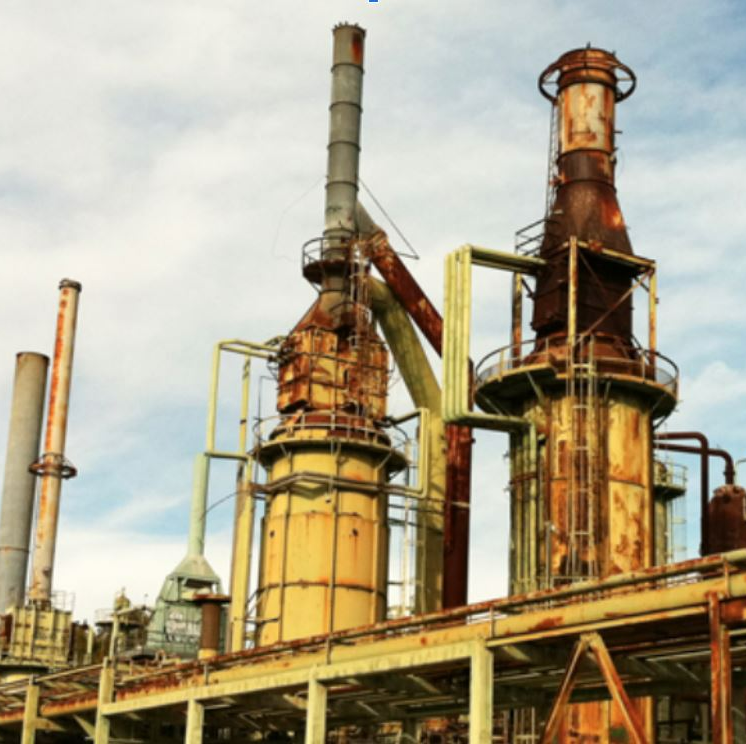
Fossil Fuel Risk Bonds
In 2016, CSE developed a market-based policy mechanism designed to hold owners of fossil fuel infrastructure accountable for the costs of climate adaptation, catastrophic accidents and spills at their facilities, and the eventual dismantling and removal of infrastructure in order to free up the land for more sustainable forms of development. The mechanism – fossil fuel risk bond programs – embody two basic approaches: financial assurance mechanisms and surcharges designed to offset the expected financial costs of climate change to taxpayers. States and counties in many parts of the country have embraced this concept and are moving forward in various ways. View the latest project update here.

No New Fossil Fuel Infrastructure
According to scientists and the International Energy Agency, it will be impossible to achieve the global goal of net zero greenhouse gas emissions by 2050 if new oil, gas and coal infrastructure continues to be approved and constructed. Every new piece of fossil fuel infrastructure approved locks in decades of increased fossil fuel consumption and creates competitive barriers to renewable energy solutions, increased efficiency and conservation. For this reason, CSE has been a staunch opponent to major fossil fuel infrastructure projects across the US. We have and continue to work with non-profit and local government partners to block new oil and gas drilling, coal mines, export facilities, pipelines and storage facilities and advocate for responsible alternatives to these ill-advised projects.
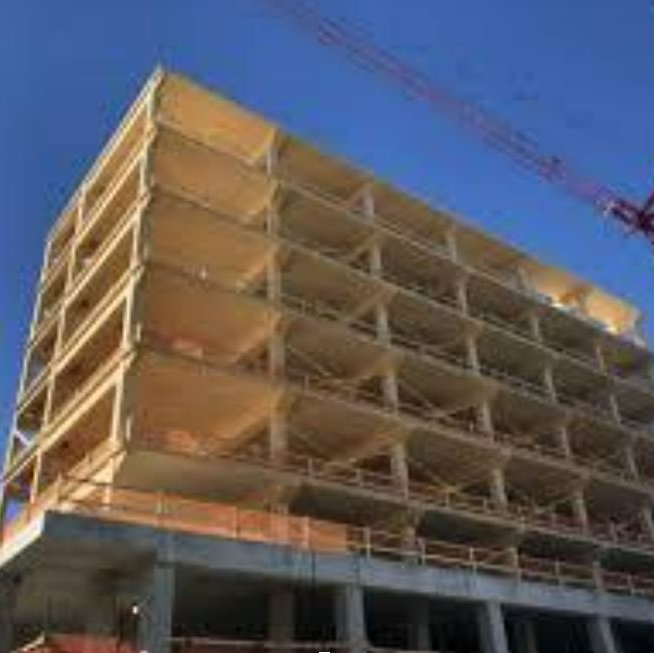
Resisting False Solutions
Natural gas as a bridge fuel. Clean coal. Mass timber buildings. Burning trees for energy. Carbon offsets. These and many other false climate solutions are getting in the way of real reform. CSE and its partners use our climate impacts expertise to carefully weigh the climate benefits and costs of various solutions proposed to federal, state, and local decision makers to help sort out the good from the bad and ensure that solutions adopted are grounded in good science and sound economics while helping to reverse environmental injustices.
FEATURED WORK
